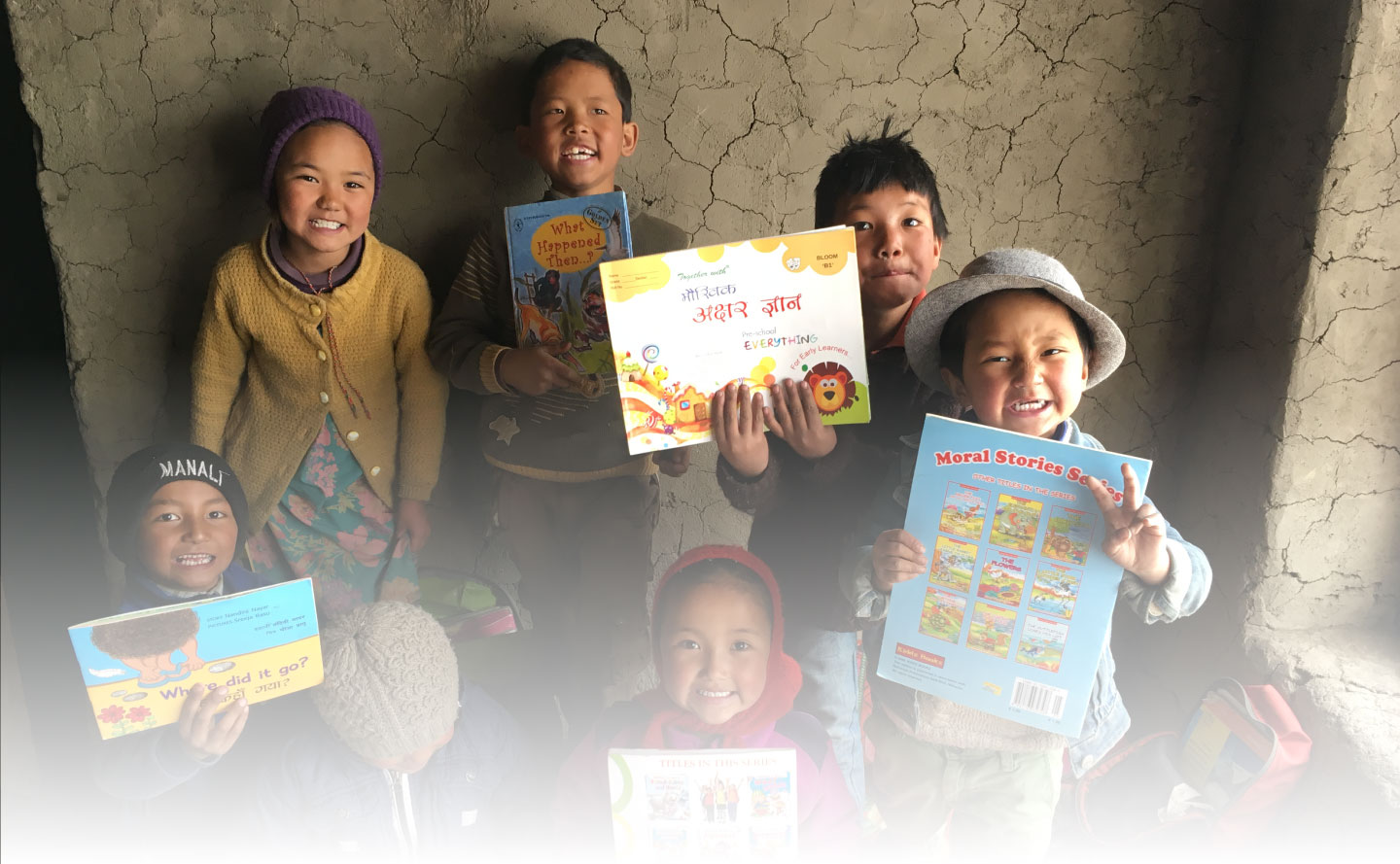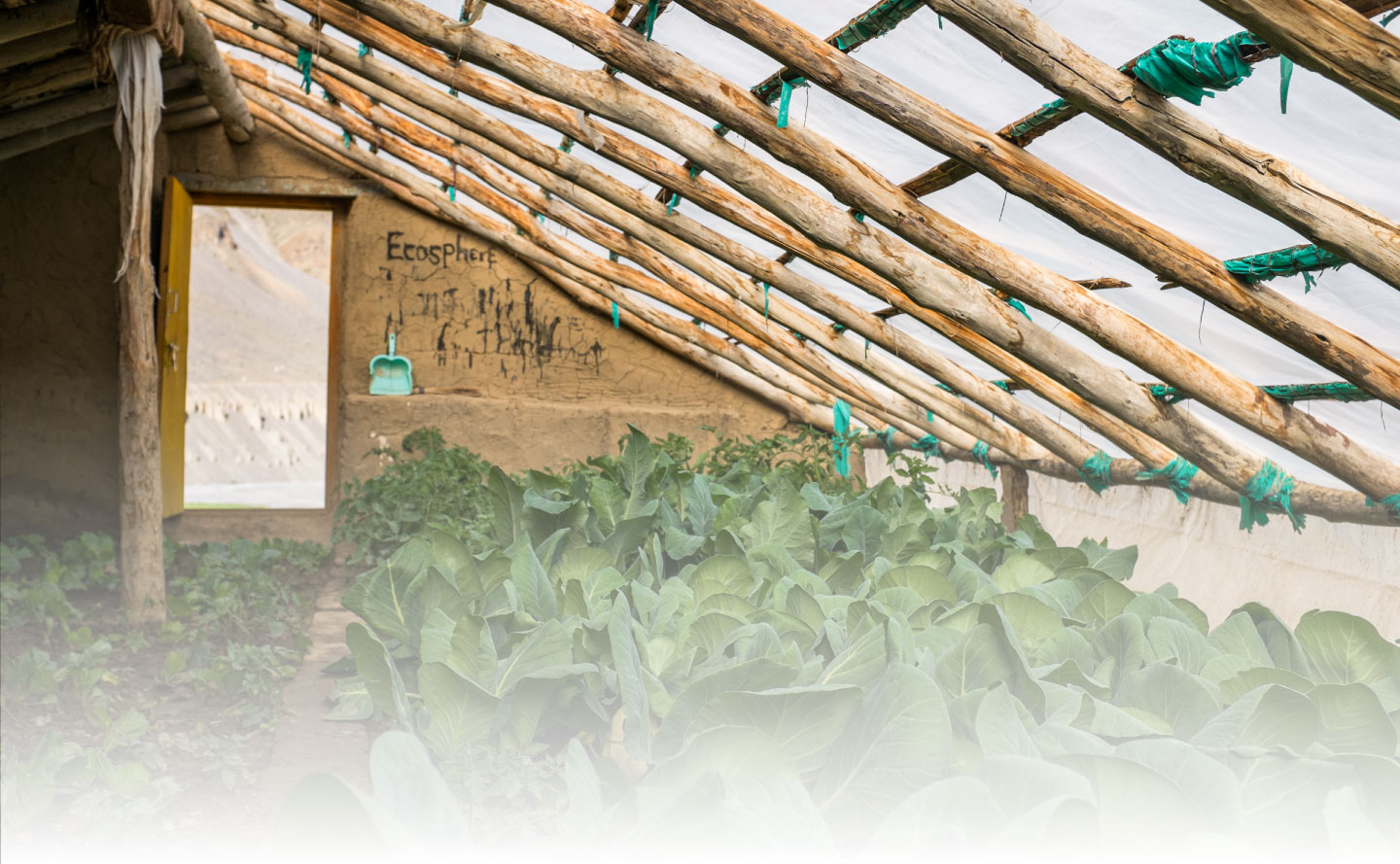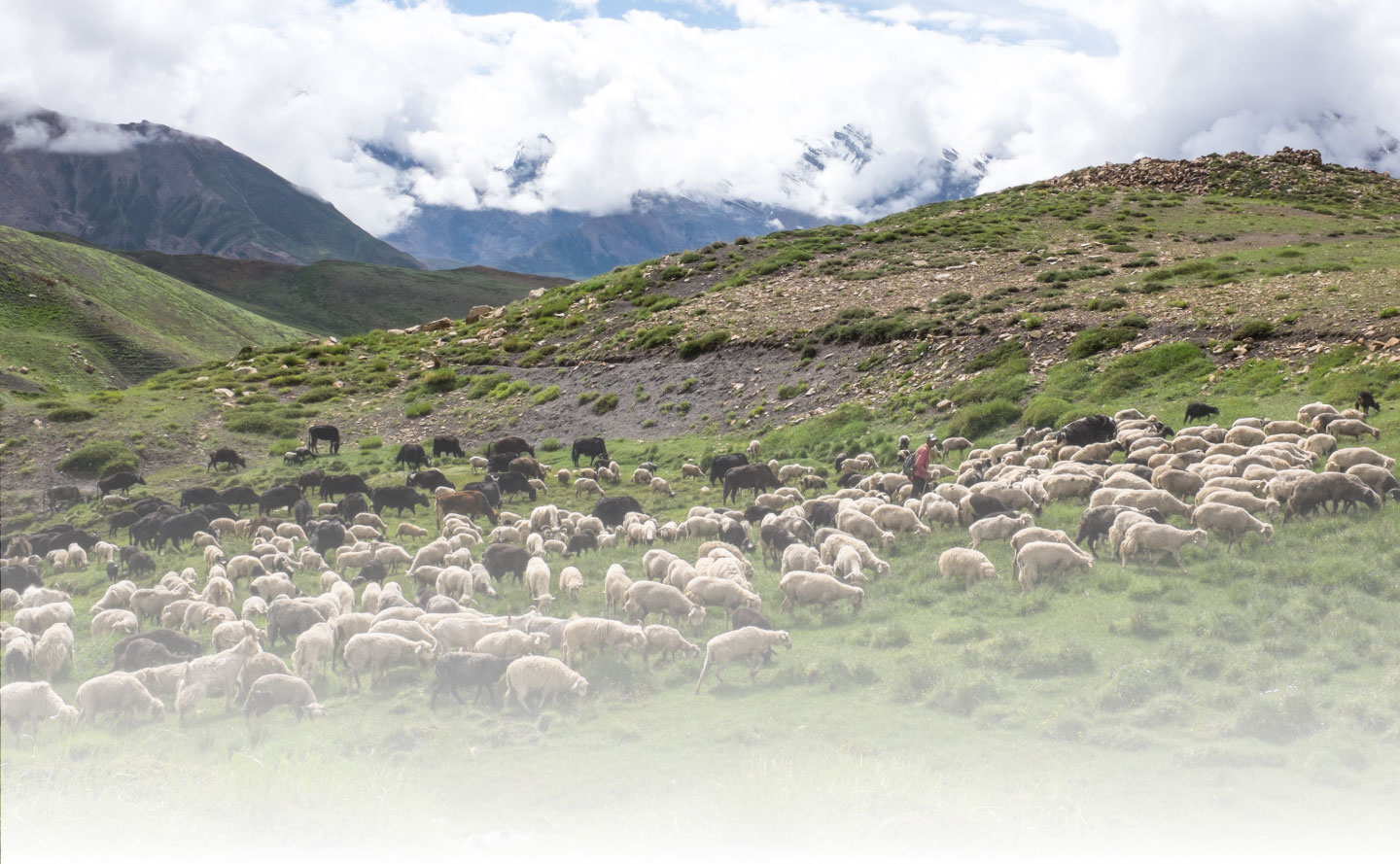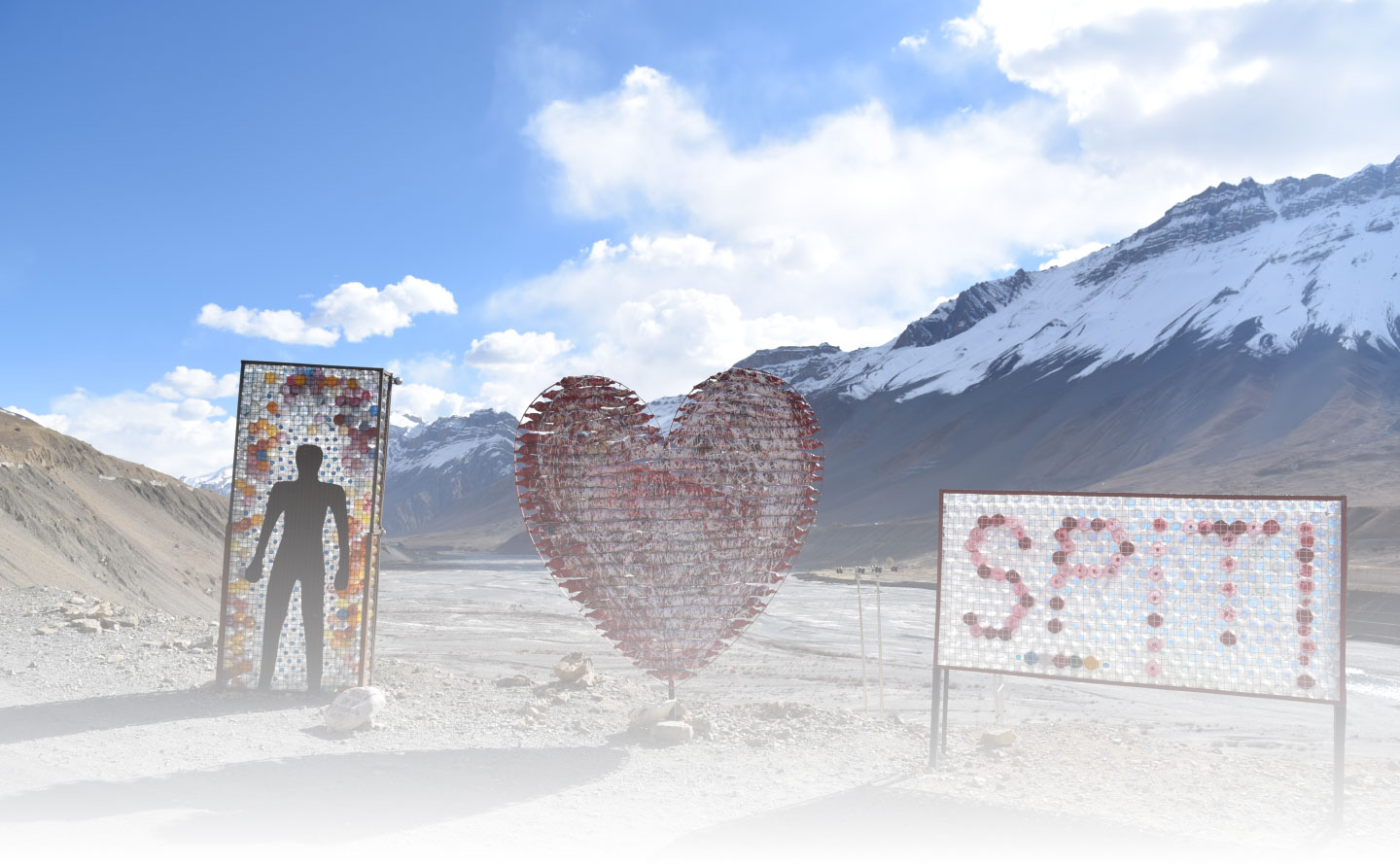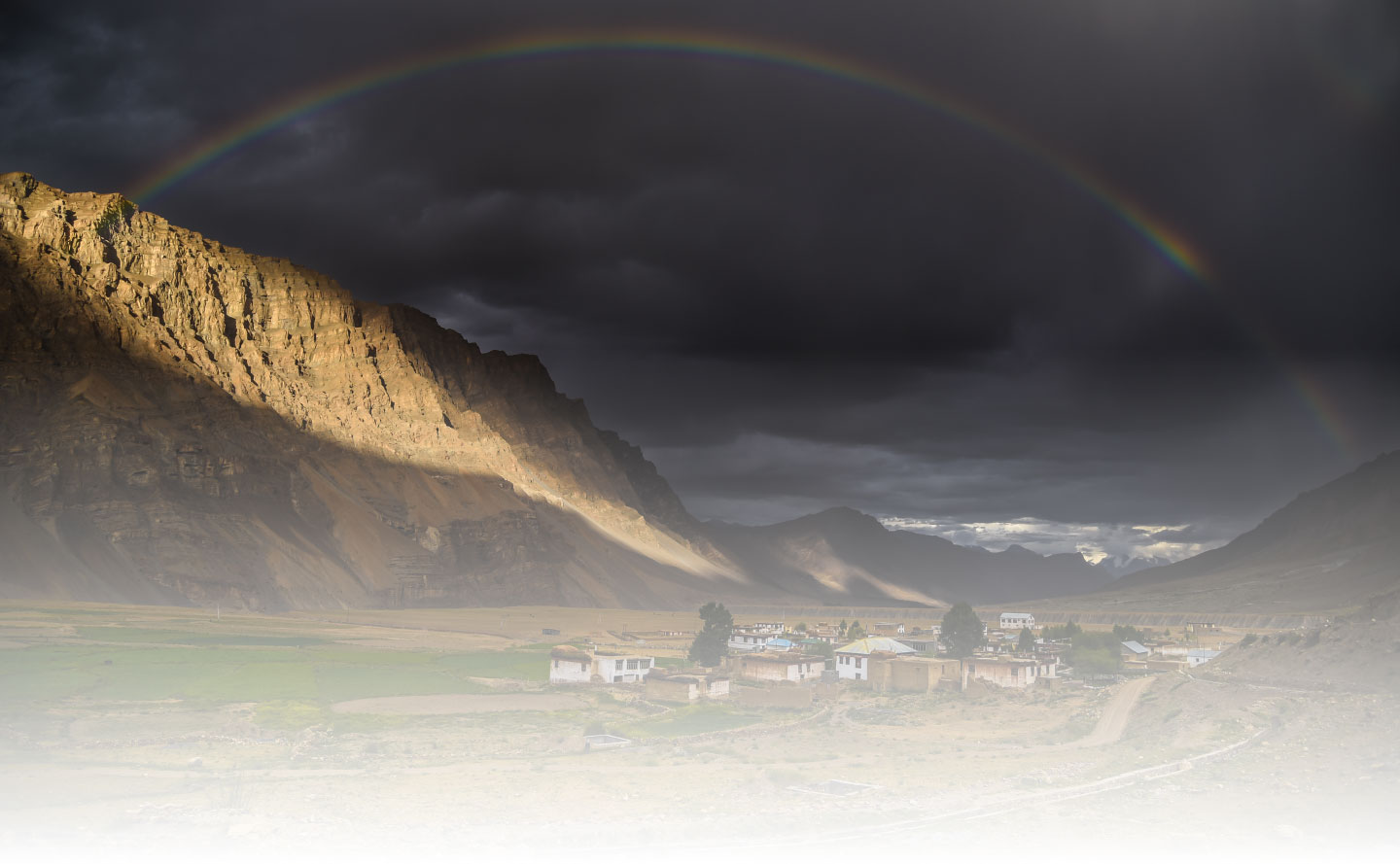
During the 6-month bone-chilling winters, temperatures can dip as low as -30 degrees in the cold deserts of Spiti – climate conditions that bring a host of adversity and challenges for the communities living here.
One is compelled to burn large quantities of wood,
dung and other bushes to keep warm,cook food and to heat water
Vegetation is however sparse due to the high-altitudes and cold temperature, making easy availability of fuel-wood extremely difficult. Hence most of the winter supply of fuel-woods comes from outside the region which the local community has to buy.
This is not only a heavy expense for them, but the burning of these materials leads to high emissions of greenhouse gases. This creates pressure on the local ecology and contributes to the hazards of global warming and climate change.
The summers are a short but very busy time in Spiti. During this short window, the community – especially the women – also need to devote a significant part of their time to collect 4 to 5 tons of fuel (mostly dung & bushes) required for the winter. When every pair of hands counts during the agricultural season, collecting fuel puts additional burden on the communities.
Moreover the burning of wood and dung in energy-inefficient and poor-quality stoves emits a lot of smoke. Since the winter rooms are not well-ventilated due to the extreme cold temperatures, the ambient air inside can get very smoky, causing irritation in the eyes and leads to lung diseases in the long run.

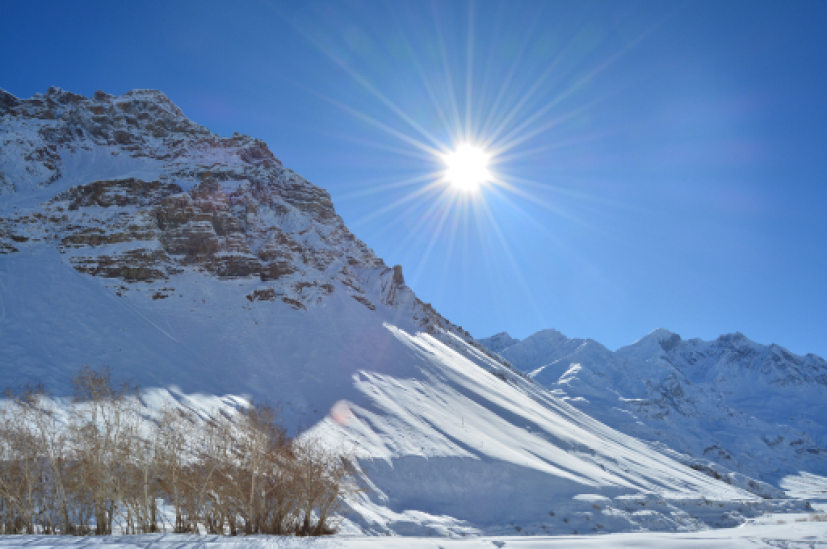
The good news is, although Spiti is extremely cold in the winters it has an abundance of sunny days.
Interventions

Our endeavor is to reduce:
- Greenhouse gas emissions emitted while burning and transportation (as a large chunk of the fuel wood is brought in from outside)
- Deforestation and extraction of shrubs
- Associated health problems from inhalation of smoke over long periods of time
- Money spent on purchasing fuel and time spent on collection of local sources of fuel

Make a Difference
Join us in reducing harmful carbon emissions, cutting of trees for fuel and enhancing health and incomes of communities in Spiti!
Your contribution will help build more solar rooms in Spiti.

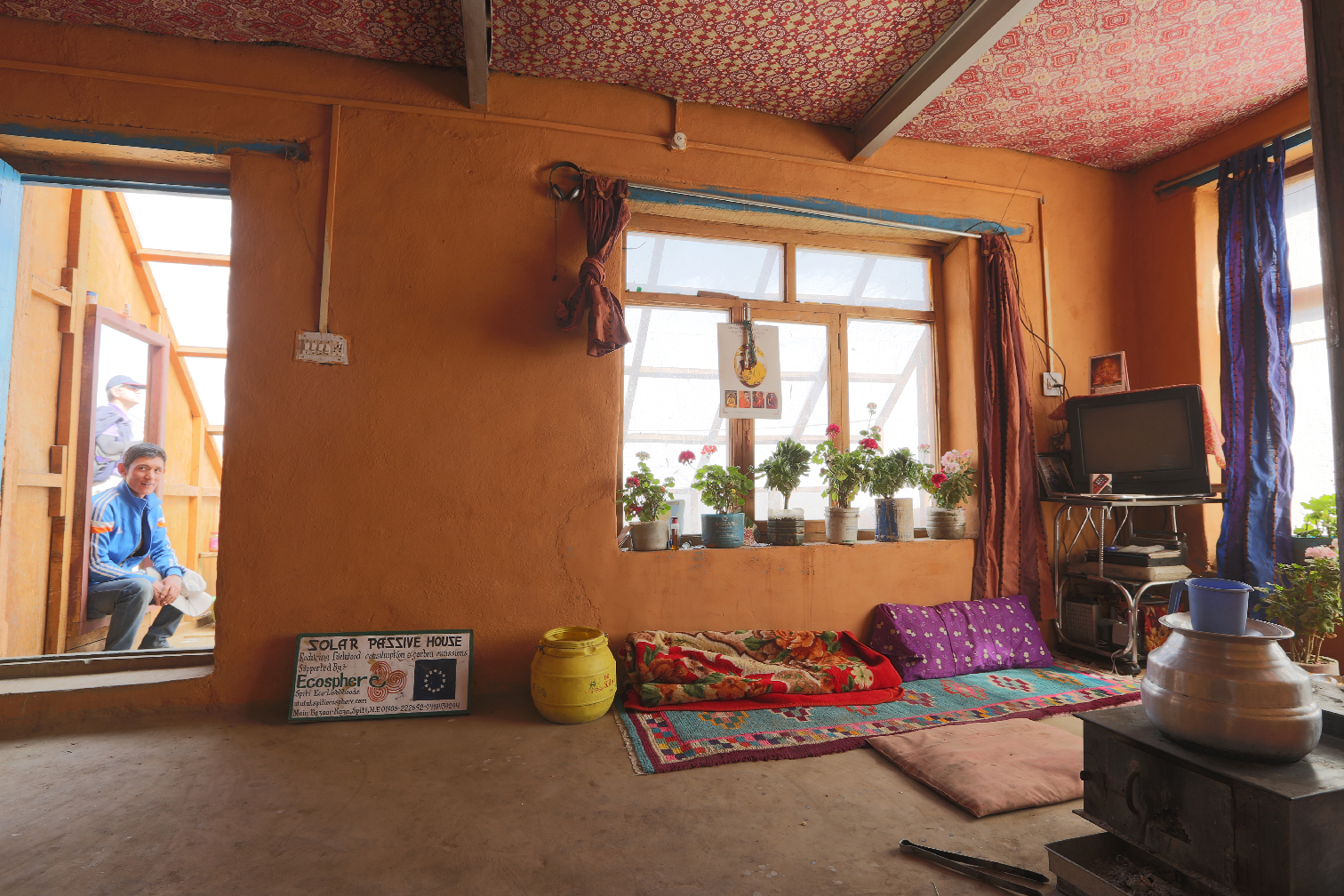

Make a Difference
Join us in lighting up lives in Spiti!
Your contribution will help in providing renewable and consistent electricity to more and more households in Spiti.
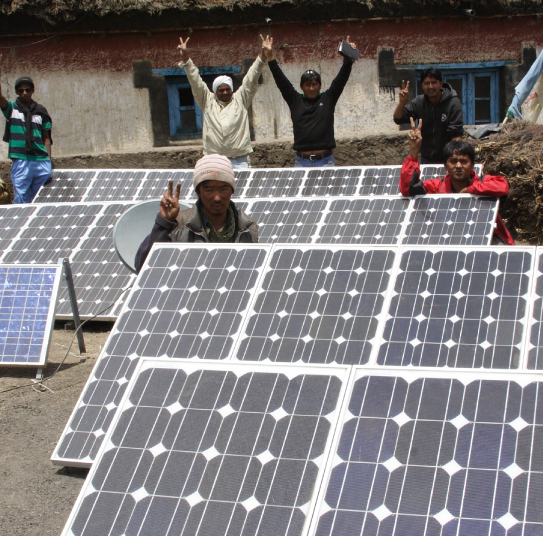

Make a Difference
Join us in reducing harmful carbon emissions, cutting of trees for fuel and enhancing health and incomes of communities in Spiti !
Your contribution will help provide a family with a cleaner and more fuel efficient way of cooking and heating water.




